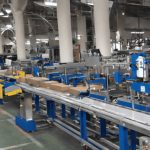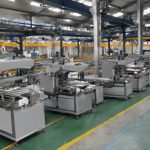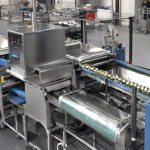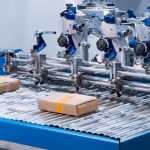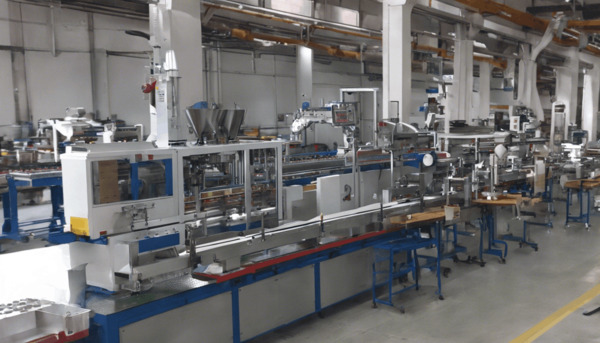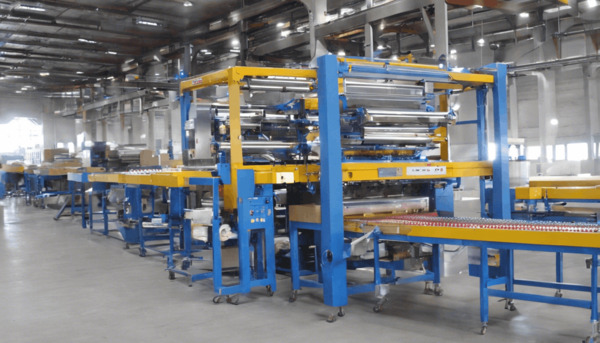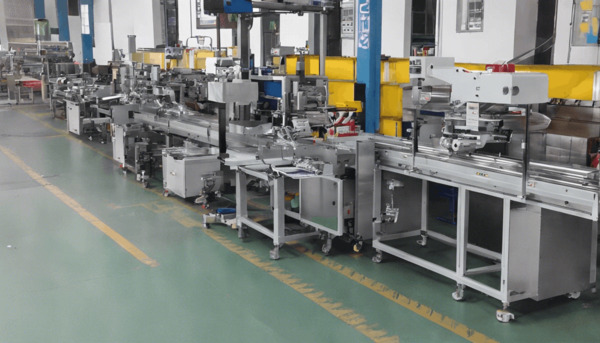
Understanding the Function of Filling Machines
Filling machines are integral components in the manufacturing and packaging industries, designed to accurately fill containers with a specified quantity of liquid, paste, powder, or granules. These machines are essential for ensuring product consistency, minimizing waste, and enhancing production efficiency. The functionality of filling machines can vary significantly based on the type of product being filled, the production environment, and the desired level of automation.
Types of Filling Machines
Filling machines come in various types, each suited for different kinds of products and packaging requirements. The most common types include:
- Liquid Filling Machines: These are used for filling bottles or containers with liquid products. They can handle a wide range of viscosities, from water-thin to thick syrups. Subcategories include overflow fillers, gravity fillers, and piston fillers.
- Powder Filling Machines: Designed for filling containers with powdered products, these machines are often used in the food, pharmaceutical, and chemical industries. They ensure precise filling to avoid product wastage.
- Paste Filling Machines: These are used for filling semi-solid products like creams, gels, and sauces. They are designed to handle the unique challenges posed by the viscosity and stickiness of paste products.
- Granule Filling Machines: Ideal for filling containers with granular products such as seeds, grains, and pellets. These machines are often used in the agricultural and food industries.
Key Functions of Filling Machines
The primary function of filling machines is to ensure that each container is filled with the exact amount of product required. This involves several critical functions:
- Measurement and Dispensing: Filling machines are equipped with mechanisms to measure the precise amount of product to be dispensed into each container. This ensures consistency and reduces product wastage.
- Container Handling: The machines are designed to handle various types of containers, including bottles, jars, and pouches. They ensure that containers are properly aligned and positioned for filling.
- Product Flow Control: Filling machines control the flow of the product to prevent spillage and ensure smooth operation. This is particularly important for liquid and paste products.
- Automation and Integration: Modern filling machines are often integrated with other packaging line equipment, such as capping and labeling machines, to create a seamless production process.
Advantages of Using Filling Machines
Filling machines offer several advantages that make them indispensable in various industries:
- Increased Efficiency: By automating the filling process, these machines significantly increase production speed and reduce labor costs.
- Consistency and Accuracy: Filling machines ensure that each container is filled with the exact amount of product, maintaining consistency across all units.
- Reduced Waste: Accurate filling reduces product wastage, which is both cost-effective and environmentally friendly.
- Versatility: Many filling machines are designed to handle a wide range of products and container sizes, making them versatile tools in a production line.
Challenges and Considerations
While filling machines offer numerous benefits, there are also challenges and considerations to keep in mind:
- Product Compatibility: Not all filling machines are suitable for all types of products. It’s essential to choose a machine that is compatible with the product’s viscosity and other characteristics.
- Maintenance and Cleaning: Regular maintenance and cleaning are crucial to prevent contamination and ensure the machine’s longevity.
- Initial Investment: The cost of purchasing and installing filling machines can be significant, though the long-term benefits often outweigh the initial expense.
Conclusion
Filling machines play a vital role in modern manufacturing and packaging processes. By automating the filling process, they enhance efficiency, accuracy, and consistency, making them essential tools for businesses looking to optimize their production lines. However, selecting the right filling machine requires careful consideration of the product type, production volume, and specific industry requirements. With the right machine, businesses can achieve significant improvements in productivity and product quality.
